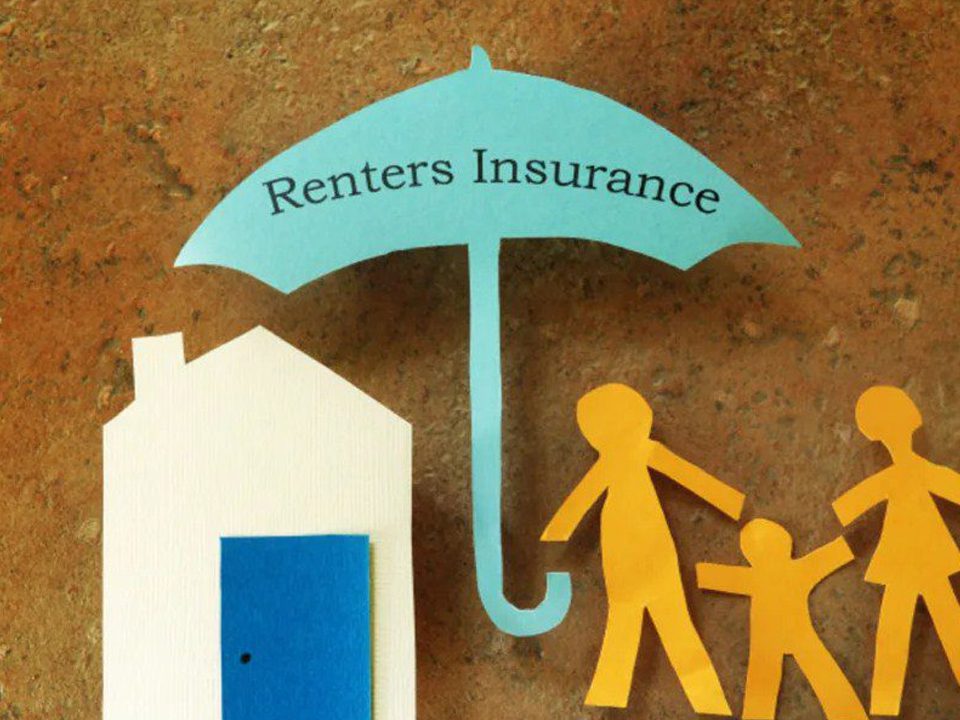
Renters Insurance Basics | Tenant Insurance Online
July 17, 2021
Why is my mortgage company charging me for force-placed Homeowners Insurance?
July 28, 2021Protecting your rental home is of the utmost importance when you own an investment property, whether it be a dwelling that you rent out on a short or long-term basis. As a landlord, understanding the difference between what kind of insurance is needed for both long-term and short-term rentals is essential. In the event of a claim, the correct insurance must be in force.
In the insurance world, a property that is rented for less than 30 days at a time is typically considered short-term. These can be found on websites like VRBO, Airbnb, Vacasa and more. More and more cities are now requiring short-term rental owners to carry a license and $1,000,000 in liability insurance as the short-term rental market is becoming a big business. If the property is rented for more than 30 days (often referred to as a long-term rental), a different insurance policy is necessary.
Long-term rental
Landlord insurance (sometimes referred to as Dwelling Fire) is your best bet to protect your property that you are renting to someone for more than 30 days at a time. Landlord insurance includes coverage for property damage, liability against any lawsuits, and loss of rental income. An important thing to note is that a landlord policy does not typically cover short-term rentals.
Short-term rental
Typically, your personal home insurance policy does not protect you when you’re renting out your house on a short-term basis, even if you only do so occasionally. Before renting your home to anyone, you should read your homeowners insurance policy carefully. Most homeowners insurance policies include a “business exclusion” clause that prohibits you from coverage if you are running a business from your home, and many insurance companies consider home-sharing a business. This means that if a claim is filed by your renters while you are renting your home on a short-term basis, you may be at risk of being uninsured and could be held personally responsible to settle any financial claims.
If you rent your home to short-term guests, you may need to purchase commercial insurance coverage, which can be expensive. Another option would be to research specialty insurers who are offering vacation rental insurance or pay-per-use home share insurance coverage for short-term hosts.
How to purchase a Landlord policy:
- Online: It’s quick and easy. We’ll ask a few questions and you’ll have a quote in two minutes. You can purchase the policy instantly online.
- Call us at (877) 931-3368. Our licensed reps will answer your questions and guide you by directing you to the most appropriate insurance product for your risk.



